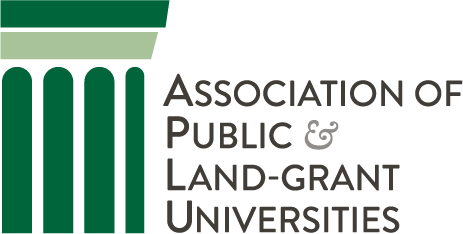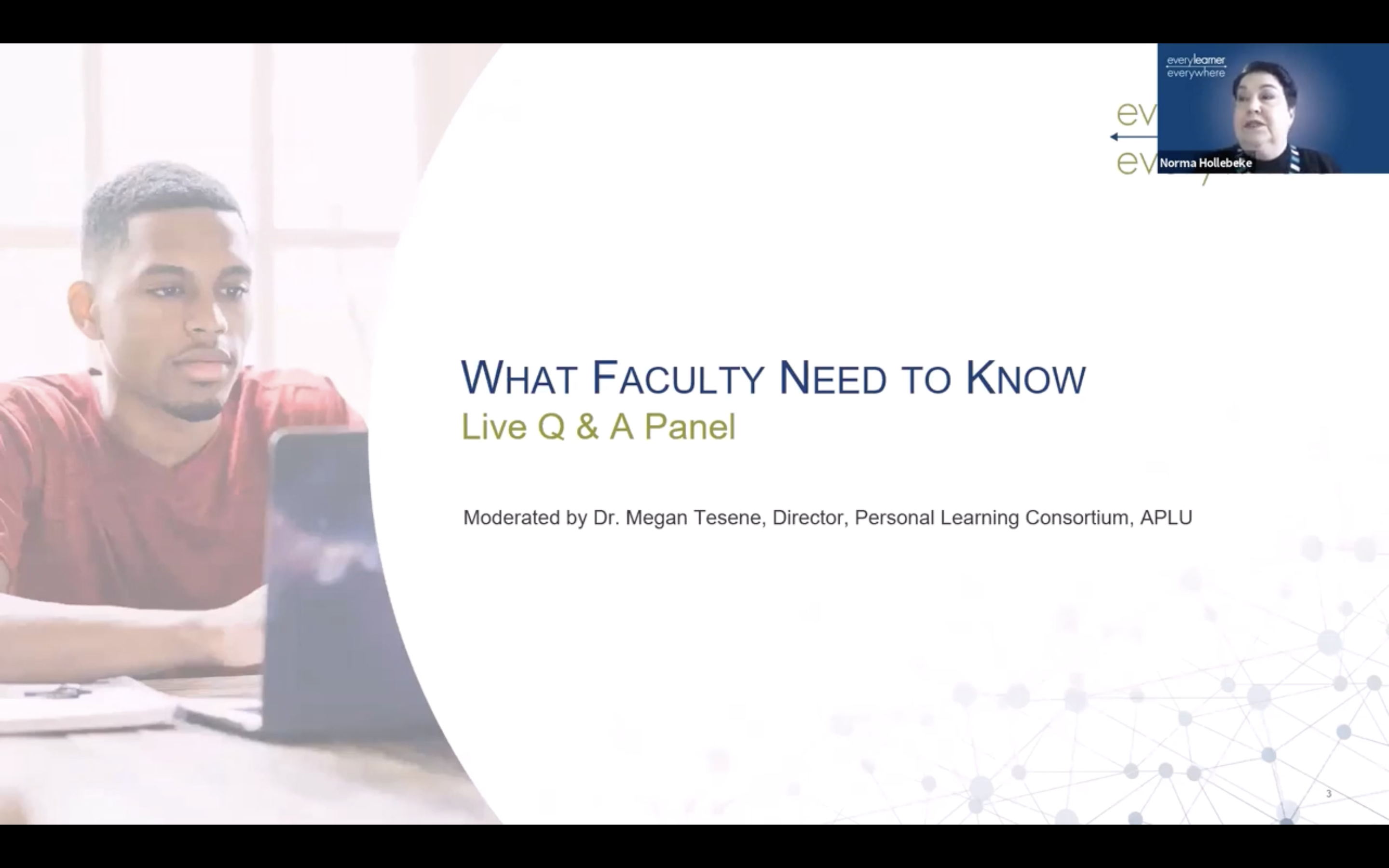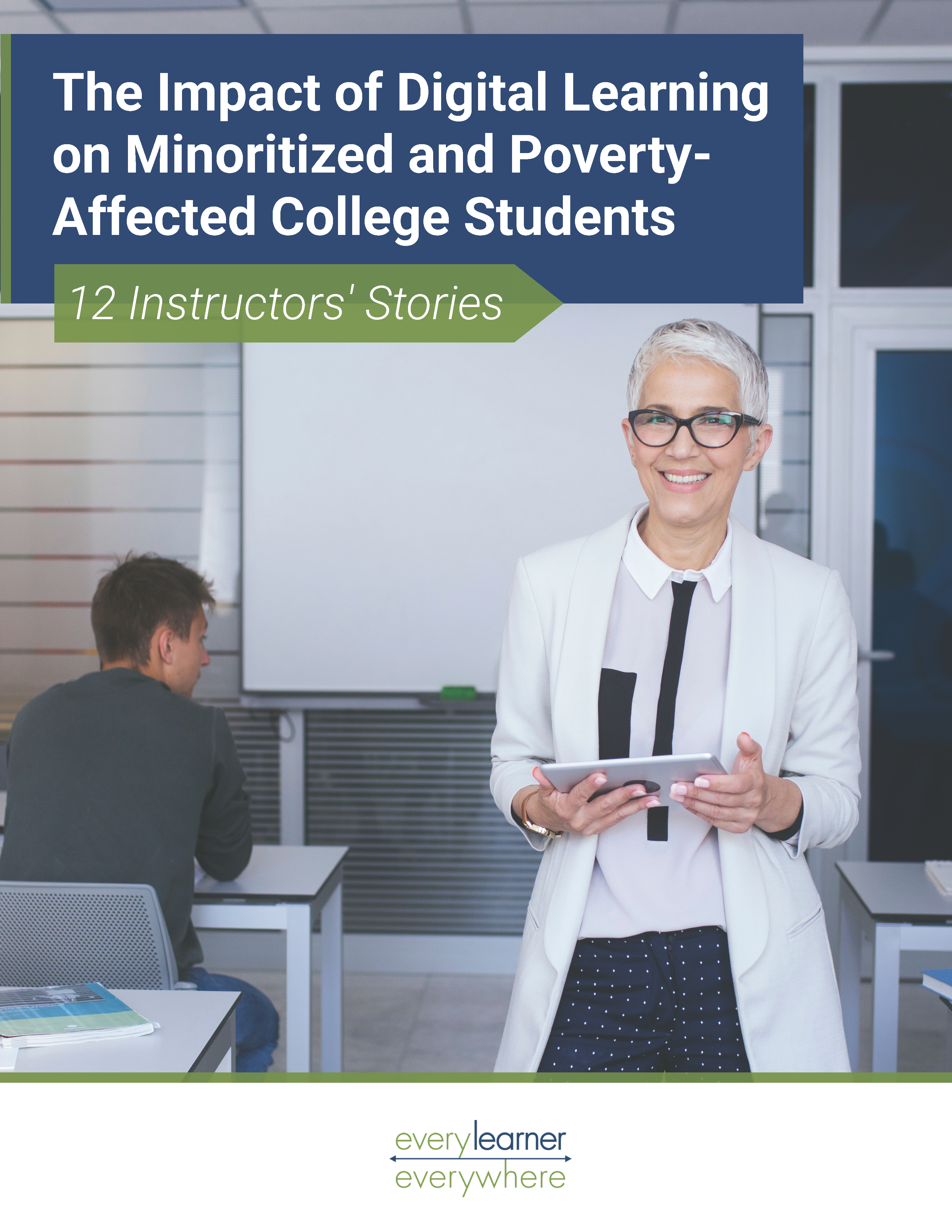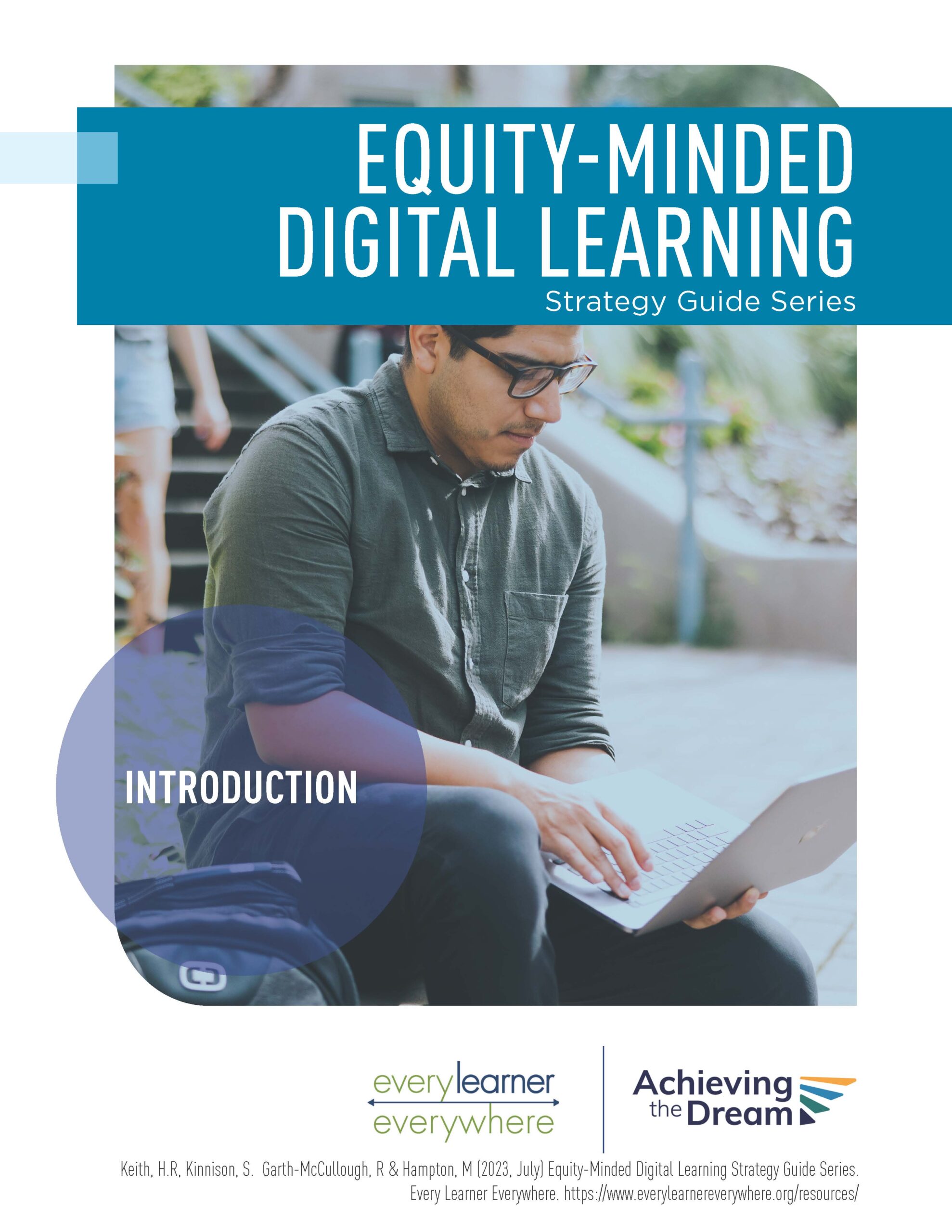A large part of the student learning experience is accomplished through interaction with the course content. To offer students engaging content that will also achieve course objectives, faculty must follow strong instructional design principles. Good course design not only enables students to learn better, it also influences faculty workload. Do you have questions about the common design elements in an online course? How do we successfully engage students with course content, each other, and with the instructor in a digital environment? Do you want to ensure that your online course meets course credit requirements for workload hours? In this live Q&A panel, participants will engage with experienced professionals to answer these questions and more.
Moderator: Megan Tesene, Ph.D. Director, Personalized Learning Consortium Association of Public and Land-grant Universities
Panelists: Kayla Jutzi Senior Instructional Designer Tulane University Sophia Strickfaden, MA eLearning Technologist Colorado Community Colleges Online
To view from the other recordings in the Every Learner 2021 Strategies for Success Series, please visit the playlist on the Every Learner Everywhere YouTube channel.






